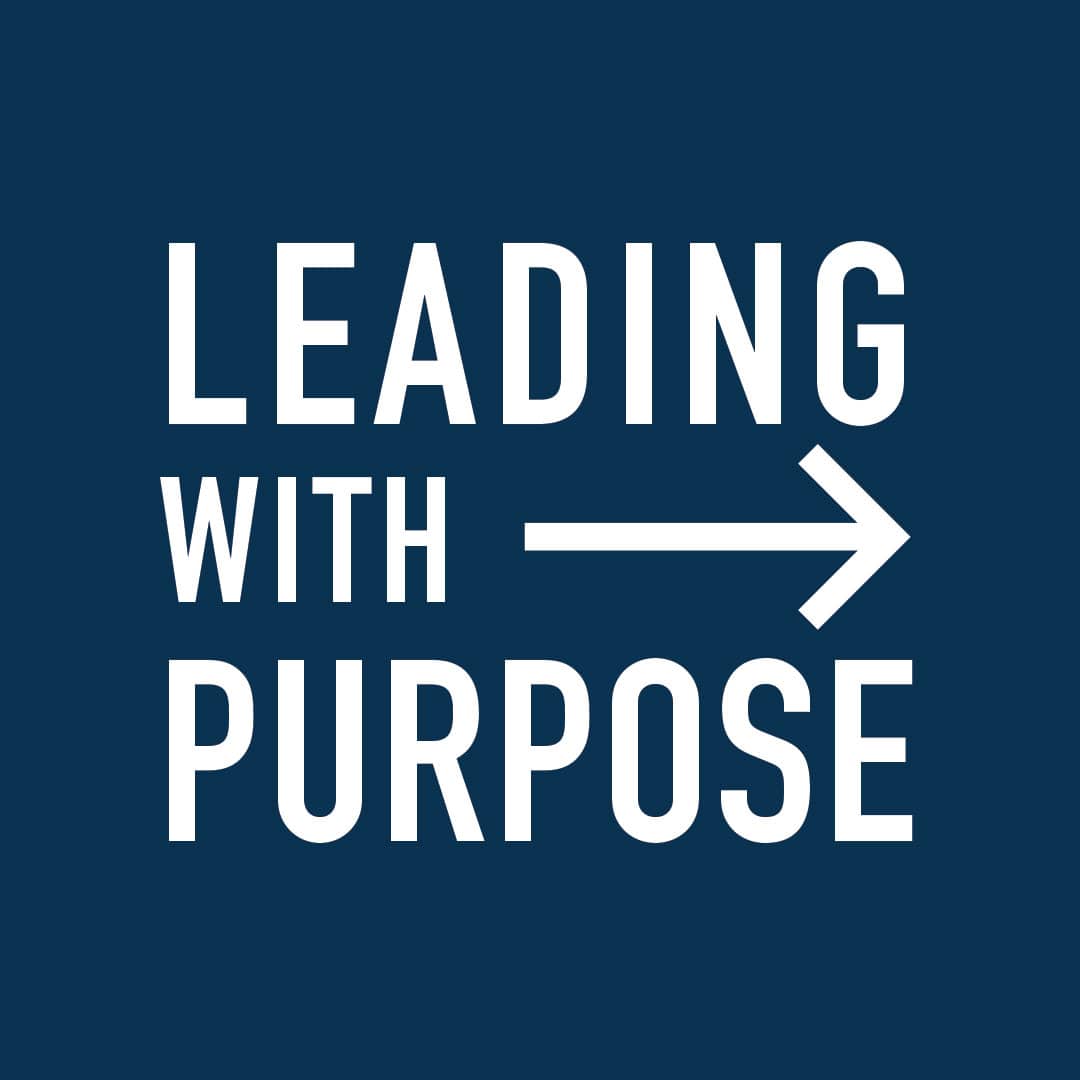
Ready or not – the future is coming
Opinion + AnalysisBusiness + Leadership
BY John Neil The Ethics Centre 2 MAR 2020
We are living in an exceptional era of human history. In a blink of the historical time scale, our species now have the skills to explore the universe, map and modify human genes and develop forms of intelligence that may far surpass their creators.
In fact, given the speed, unpredictability and sheer scale of what was previously unthinkable change, it’s actually better to talk of the future in the plural rather than the singular: the ‘futures’ are coming.
With the convergence of genetic engineering, AI and neurotechnology, entirely unique challenges arise that could test our assumptions about human identity and what connects us together as a species. What does the human experience mean in an era of augmentation, implantation, enhancement and editing of the very building blocks of our being in the future? What happens when we not only hack the human body, but the human mind?
The possible futures that are coming will arrive with such speed that those not ready for them will find themselves struggling to know how to navigate and respond to a world unlike the one we currently know. Those that invest in exploring what the future holds will be well placed to proactively shape their current and future state so they can traverse the complexity, weather the challenges, and maximise the opportunities the future presents.
The Ethics Centre’s Future State Framework is a tailored, future-focused platform for change management, cultural alignment and staff engagement. It draws on futuring methodologies, including trend mapping and future scenario casting, alongside a number of design thinking and innovation methodologies. What sets Future State apart is that it incorporates ethics as the bedrock for strategic and organisational assessment and design. Ethics underpins every aspect of an organisation. An organisation’s purpose, values and principles set the foundation for its culture, gives guidance to leadership, and sets the compass needed to execute strategy.
The future world we inhabit will be built on the choices we make in the present. Yet due to the sheer complexity of the multitudes of decisions we make every day, it’s a future that is both unpredictable and emergent. The laws, processes, methods and current ways of thinking in the present may not serve us well in the future, nor contribute best to the future that we want to create. By envisioning the challenges of the future through an ethics-centred design process, the Future State Framework ensures that organisations and their culture are future-proof.
The Future State Framework has supported numerous organisations in reimagining their purpose and their unique economic and social role in a world where profit is rapidly and radically being redefined. Shareholder demand is moving beyond financial return, and social expectations toward the role of corporations are shifting dramatically into the future.
The methodology helps organisations chart a course through this transformation by mapping and targeting their desired future state and developing pathways for realising it. It been designed to support and guide both organisations facing an imminent burning platform and those wanting to be future forward and leading – giving them the insight to act with purpose – fit for the many possibilities the future might hold.
If you are interested in discussing any of the topics raised in this article in more depth with The Ethics Centre’s consulting team, please make an enquiry via our website.
Ethics in your inbox.
Get the latest inspiration, intelligence, events & more.
By signing up you agree to our privacy policy
You might be interested in…
LISTEN
Business + Leadership
Leading With Purpose
Opinion + Analysis
Business + Leadership
Can there be culture without contact?
Opinion + Analysis
Business + Leadership
How to improve your organisation’s ethical decision-making
Opinion + Analysis
Business + Leadership




